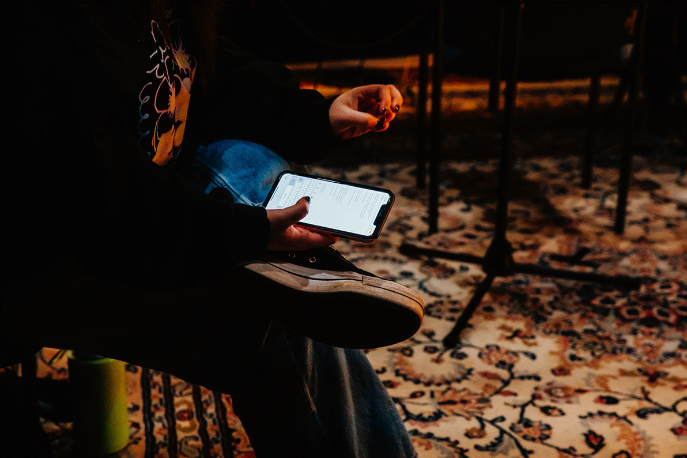Tech giants delaying AI innovation, says music industry

APRA AMCOS tells Senate inquiry licensing solutions exist and calls out tech industry for creating false uncertainty
Music creators and industry leaders included Adam Briggs, Caitlin Yeo, Holly Rankin (Jack River), Leah Flanagan, Paul Dempsey and Tushar Apte
__________________
APRA AMCOS CEO, Dean Ormston, told a Senate inquiry today that tech companies' refusal to engage with established licensing pathways is the real barrier to AI innovation in Australia, as the organisation rejected the Productivity Commission's proposal for a "text and data mining" copyright exemption.
"This isn't about technology versus creativity. It's about recognition and compensation," Ormston told the inquiry into AI and the arts, representing 124,000 songwriters, composers and music publishers. "Tech companies' refusal to engage with established licensing pathways is the real barrier to AI innovation in Australia. They don't need an exemption. They need a licence."
The hearing brought together a powerful coalition of music creators and industry leaders including APRA AMCOS Director of Aboriginal and Torres Strait Islander Programs and Strategy, Leah Flanagan; LA-based composer, Tushar Apte; APRA Writer Board member, Caitlin Yeo; and APRA members Francois Tetaz, Adam Briggs, Holly Rankin (Jack River), Dan McNamee and Paul Dempsey, who all revealed they had never been approached by the Productivity Commission for insights into the creative economy.
"The narrative that copyright protections are blocking AI innovation is not just false—it's a delaying tactic," Ormston said. "Australia has a world-leading licensing framework. These deals are everyday business for us. We've successfully navigated photocopying, peer-to-peer file sharing, and every technological disruption that came before. The solution exists. What's missing is a phone call."
Ormston emphasised that tech companies' inability to begin negotiations is what's holding up innovation and AI development in Australia, calling the Tech Council's bluster a smokescreen for avoiding standard commercial arrangements.
Leah Flanagan outlined how strong licensing frameworks aligned with current copyright law have supported significant growth in the music community over the past five years—reflected in increased earnings and visibility for artists like King Stingray, Budjerah and Emily Wurramara.
Flanagan pointed to the current legislative work for Indigenous Cultural Intellectual Property, suggesting that it was critical to also include protections for Aboriginal and Torres Strait Islander cultural expressions in digital forms like music.
APRA Chair, Jenny Morris, expressed deep concern for the cultural life of the nation and its songwriting storytellers, emphasising that the debate is fundamentally about the stories Australians tell themselves and who has the right to profit from them.
AMCOS Chair, Jaime Gough, told the Committee that publishers globally are defending the rights of their songwriters and artists, pointing to over 50 litigation cases against AI companies in the US alone. Gough emphasised that licensing deals at scale happen every day and are everyday business for the organisation, noting that similar resistance to licensing occurred when platforms like YouTube and Spotify entered the Australian market.
APRA Board member and screen composer, Caitlin Yeo, who regularly speaks publicly about IP theft's impact on screen composers, appeared alongside Francois Tetaz, who explained to the Committee how the value of intellectual property supports his livelihood and provides returns on his creative time that sustain his family.
LA-based APRA member, Tushar Apte, demonstrated that commercial solutions already exist by sharing his experience licensing parts of his catalogue to AI platforms under appropriate terms. His testimony proved the industry is ready and able to provide licences when tech companies are willing to negotiate.
APRA AMCOS commissioned a landmark report AI and Music in 2024 which presented evidence that 97% of APRA AMCOS members demand consent, credit and compensation when it comes to AI platform copying. The organisation projects AU$519 million in cumulative damage by 2028—representing 23% of creator revenues—if AI platforms continue to operate unlicensed.
The music rights management organisation appeared alongside Annabelle Herd from ARIA PPCA and Damian Rinaldi from AMPAL, presenting a united front from across the Australian music industry.
"The Tech Council calls their position 'finding a path forward.' We call it what it is: grand theft," Ormston concluded. "All we've asked for is what every other industry demands—recognition and fair compensation for the use of our work. We're open for business. Let's get them to the table."
